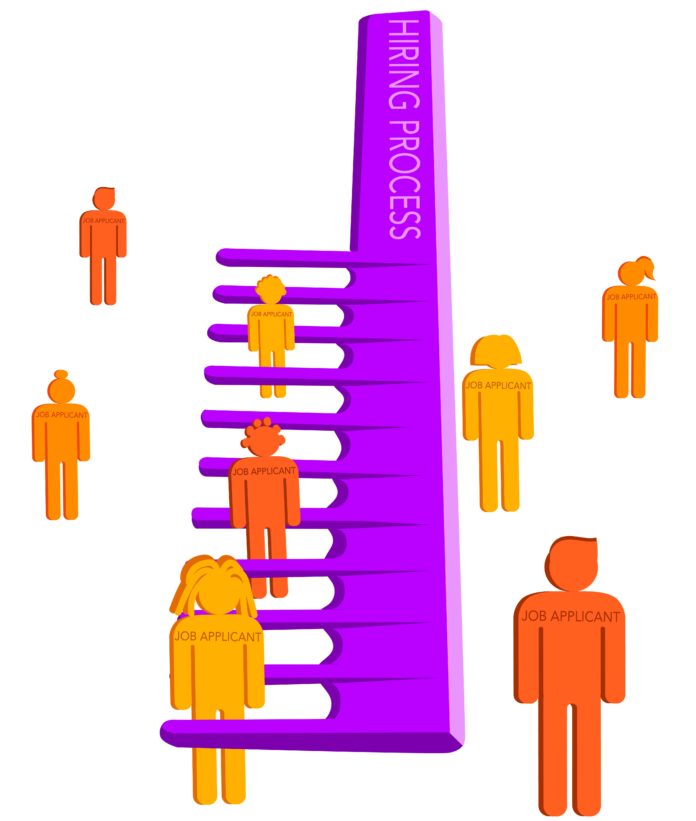From an early age, most children are taught they can become whatever they want to be. If they have a passion for healing others, they can become a doctor; if they enjoy working with animals, they can become a veterinarian; if they’re moved by music, they can become a singer or dancer. However, some children grow up with these ideas of what they want to do and who they want to be, only to have their dreams squashed by discriminatory employers.
There are various forms of workplace discrimination, including limitations based on gender, religion, weight and others. Race is a particularly common form of inequity, and hair discrimination based on one’s color or background has been an issue in the United States for many years.
This particular form of bias, which is solely because of the texture of one’s natural hair, has affected people of all ages. Its negative effects will continue if the government does not take more direct action.
The New York City Commission on Human Rights released guidelines to end hair-based discrimination earlier this month, according to the New York Times. These guidelines specifically aim to protect African-American men and women, saying that they have a right to wear their “natural hair, treated or untreated hairstyles such as locs, cornrows, twists, braids, Bantu knots, fades, Afros and/or the right to keep hair in an uncut or untrimmed state.”
There are plenty of examples, especially in recent years, of working black Americans who have been threatened, teased or even dismissed from their job because of their natural hair. The New York Times reports that with these new guidelines, people who are found in violation can receive penalties of up to $250,000 with no cap on damages.
Other cities should follow New York City’s example and pass similar legislation. There are currently no specific protections laid out on a federal level against hair-based discrimination, and in 2018, the Supreme Court rejected a request from the NAACP Legal Defense and Educational Fund to review a case where a black woman’s job offer was reversed when she did not agree to cut off her dreadlocks, according to the New York Times.
Unfortunately, the Supreme Court’s rejection of this review is not the first instance of its resistance to taking a stance on this issue, and it certainly will not be the last if local governments do not step in and form their own legislation.
Almost two years ago, the United States Army rescinded its ban on dreadlocks, which was definitely a step in the right direction. At the time of the ban, 18 percent of the Army was black, and the ban specifically and unfairly targeted African-American women, according to the New York Times.
Similarly, there are also instances of hair-based discrimination in the classroom. In some schools, not wearing one’s natural hair violates the dress code, and there are countless stories of African-American children being sent home because their hair was not compliant with this code.
According to WWL News, in August 2018, two girls who attended an elementary school in Terrytown, La., were asked to go home because their hairstyles included braided hair extensions.
Obviously, workplace discrimination based on hair is unacceptable, but when students are being deprived of an education because of the way they wear their hair, there needs to be a solution.
Students and educators at Baylor have teamed up to encourage one another in embracing hair of all types by forming the ROOTS natural hair club in 2017. The club holds biweekly meetings and is even teaming up with Baylor’s chapter of the National Association of Black Journalists (NABJ) to host a discussion called “Flexin’ in my Complexion: Natural Hair in the Newsroom.” The event takes place at 6 p.m. on Tuesday in the Lipscomb Room on the third floor of the Bill Daniel Student Center.
While organizations such as these are certainly affecting change in their local communities, city and state governments must recognize the disparity in not promoting legislation to end this discrimination.






